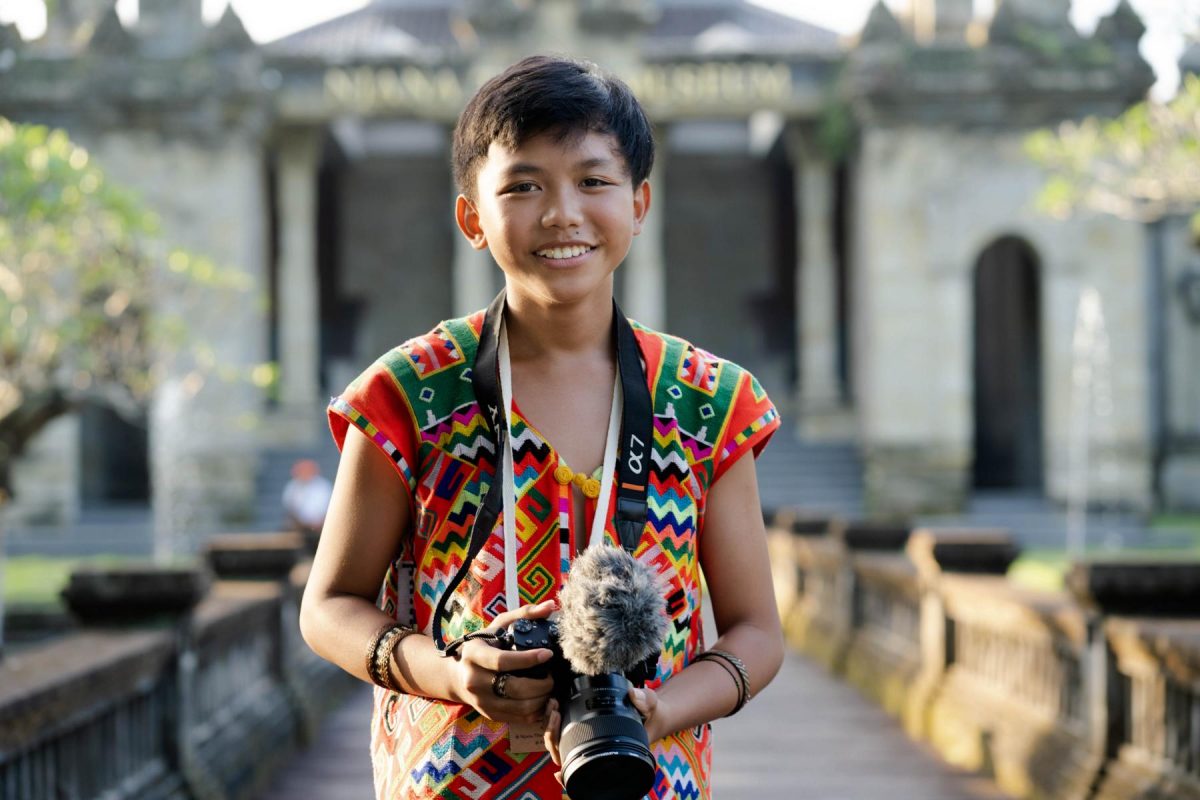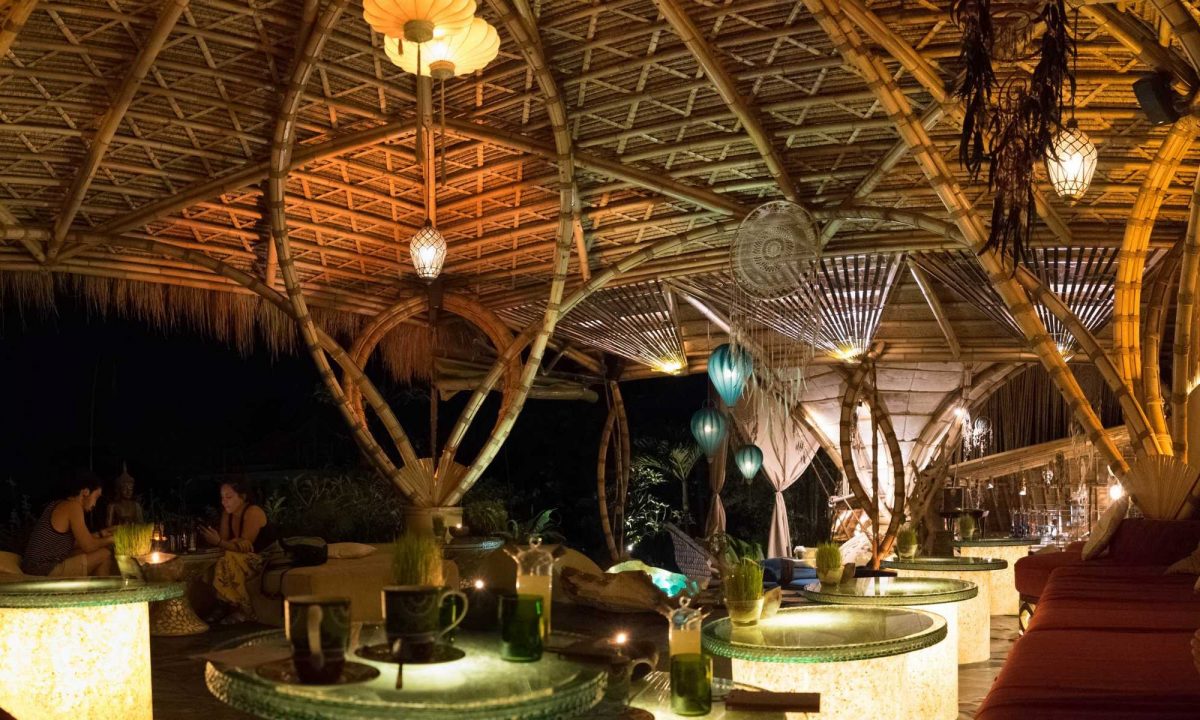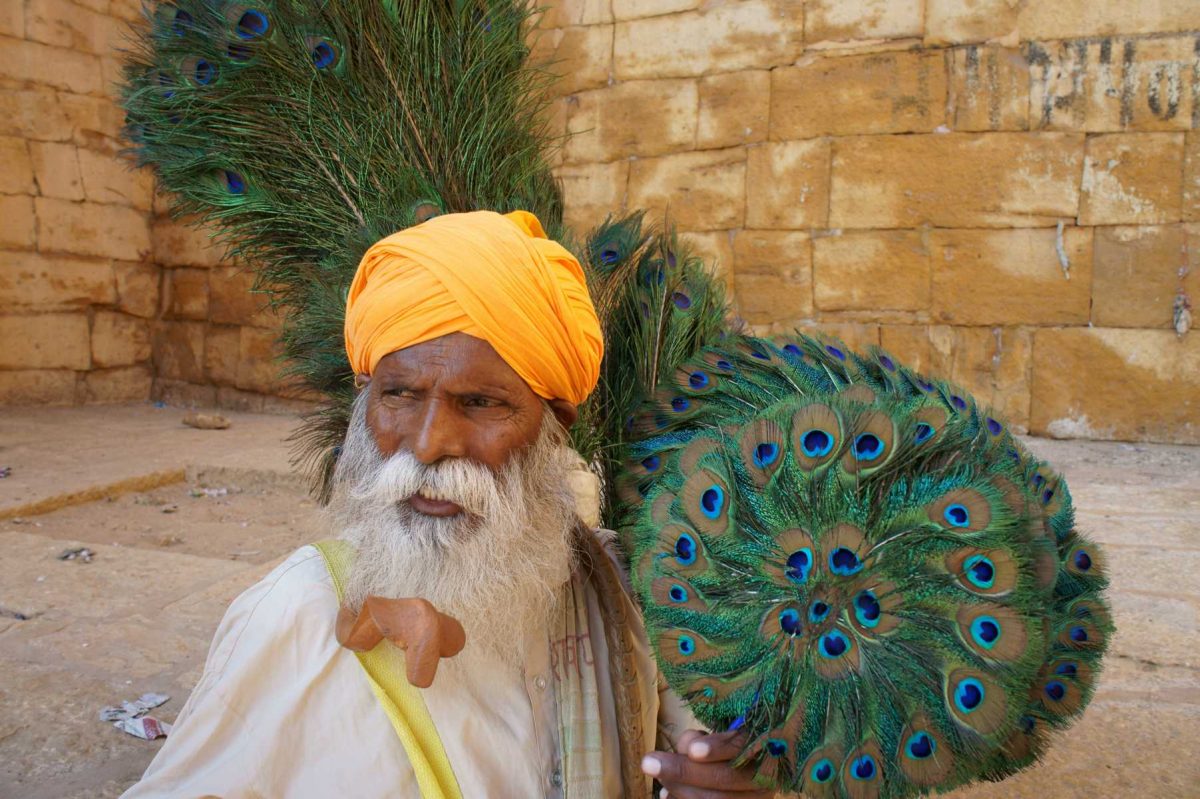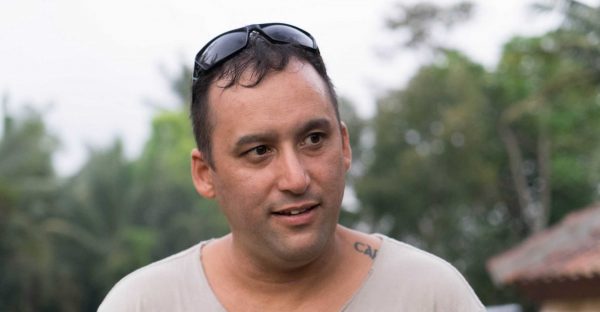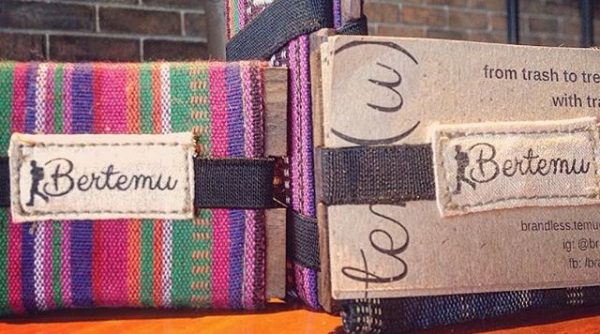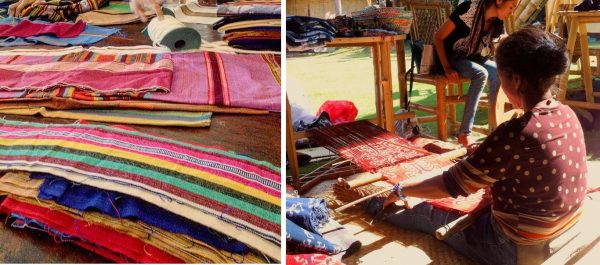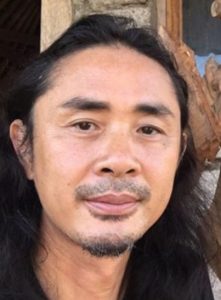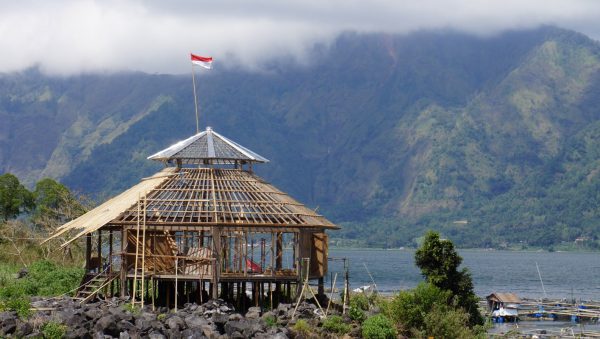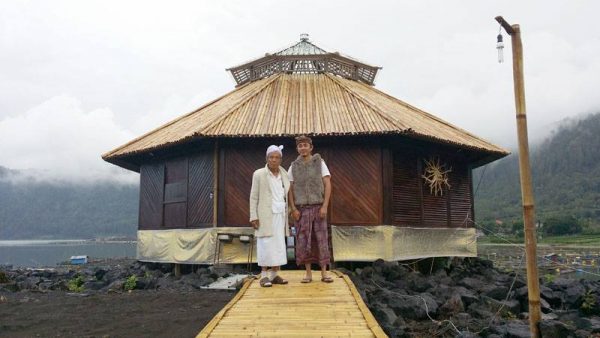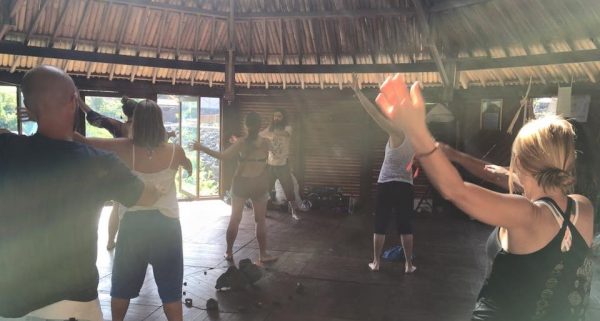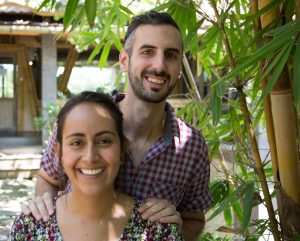Fair Trade: how to start?

I visited the Fair Trade Fair in Stuttgart, Germany this weekend.
I met fair trade promoters who help starters in Germany.
I learned about global organizations as well as specific possibilities in the german-speaking market, about 100 million people in Germany, Austria and Switzerland (if you’re interested in this market for your fair trade products & projects, jump over the next lines on international organizations).
Best known on a global level is WTFO which certifies companies as a whole.
Fairtrade International certifies products with a mark. It’s the best known and trusted mark in Germany, well known for food products as coffee, tea and chocalate.
GOTS is a mark for high standards of fair trade for textils & clothing. It’s less known, but super impressive. All parts of the process, from cultivation of cotton to all production steps, follow high standards of fair trade and sustainability.
Fairwear is another major organisation working for fair trade with textils & clothing.
The new B-Corp Movement was not presented on the fair, but worth to be mentioned here as a major global movement aiming for a more sustainable and fair business culture & industry.
Potential of fair trade market in Germany
Fair Trade Network ‚Weltladen‘
Pioneers of fair trade in Germany are hundreds of small fair trade shops called Weltladen (literally ‚World-Shops‘) organized in a association. These shops are partly supported by volunteers since the 70s. The association screens applications for fair trade suppliers and importers. Right now, about 80 major importers and wholesalers are accepted and recommended, all of them with a specific network of local producers and fair trade projects world-wide.
Application procedure here (German language)
Here a link to the major wholesalers accepted bei Weltladen.
Fair Trade association Fair-band
This association cares about fair import and trade in Germany
Can I do it?
How are your chances to get into the German market with a fair trade product? Well, fair trade is quite competitive, too. Some of the major wholesalers told me, they reduced their list of products dramatically to focus on the quality of the remaining fair trade projects.
On one hand, fair trade is a small niche market – rather few people are willing to pay often much higher prices for certified fair trade products. It used to be a rather exlusive and small cosmos of little fair trade shops specialized on it. This market is hardly expanding. On the other hand, there is some change on the market with new concept stores and growing consumer consciousness affecting even average super markets. Fair trade food labels expand to normal super markets mainly with coffee, tea and chocalate, clearly recognizable for the consumer by the fair trade mark. There are more and more organic food super markets, too, improving conditions for fair trade food.
Also, there is growing demand for fair trade textils & clothing- however, GOTS standards are very challenging and high prices can scare away average consumers.
Which product, which scale?
Arts & crafts
Applying fair trade standards in Arts & crafts seem to have good chances for small-scale start-ups. The producers themself or start-ups with direct contact to producers can aim for fair trade standards in small, independant projects. However, importing these fair trade products for German-speaking market seems to be more limited to the network of classic small fair trade shops with little capacity to take in new product lists.
Other options for arts & crafts like Bazaar Fair in Berlin are without specific fair standards.
Food
Fair Food needs big efforts in long-term projects. On the other hand, food products have a huge market in German-speaking countries, including organic food stores and even standard super markets (using fair trade marks).
Textil & clothing
For fair textils and clothing, standards are very high. On the other hand, small fashion labels and designers can buy GOTS textils and can implement fair trade standards into their production process without working out everything from the scratch. Also, handwoven textils in many traditional cultures use sustainable techniques since centuries and this way can adapt like arts & crafts to fair trade standards in small, independant projects.
Industrial products
Fair trade shops in Germany seem to focus on traditional manual labor work in „third world countries“. But how about fair trade for industrial products in developing countries as well as in western contries ? Concerning latter, unions fight for it since the beginning of industrialization. Are protection of union rights a criteria for fair trade marks?
Concerning modern companies, the B-Corp movement is innovative in developing ethical standards – I want to learn more about it.
Go online
Here seems to be a growing market, more open-minded for newcomers and start-ups like Avocado Store and many others, see also here & here. Some work similar like Etsy and other market platforms.
Go for it!
Doy you have any experience with these platforms? Let me know.
The point about these online stores: are they open-minded and supportive for newcomers? Can they provide a clear system of fair trade levels, so it’s as transparent as flexible for both supplier and consumer? Then it will be able to grow – because suppliers can offer their products according to their level of fair trade efforts and capacities -in a clear and transparent way. In some Online Stores you can search with filters & menu by specific fair trade marks or other criterias.
Think about upcycling projects: most materials here aren’t of fair trade origin, but follow a sustainable philosophy and can be reused in a fair trade process. There is need for different levels of fair trade according to the nature and capacities of the projects. The basic idea is: how can we get fair trade culture growing -in any business.
cultural heritage
There are certificates & marks for green and fair trade, but how about standards and methods which support understanding of cultural heritage? Quite often, traditional manufacturers in Asia, Africa and South America are used to produce Nippes & Kitsch (as we call it in Germany) for western demand, sometimes fancy life-style interiour design and fashion. But I’m not in a perspective to judge this. I just want to raise the question: how can we support more understanding for cultural heritage? Writers, photographers, filmmakers, theaters, exchange programs, special tour offers: all are messangers of culture, too. Let’s support cultural messangers, charismatic storytellers of cultural traditions. These have to compete with the TV-junk and comsumer entertainment habits, but at the end, there is nothing more touching, more surprising, more rich, deeper and fullfilling than to discover our cultural heritages interwoven.
What else?
On the Fair Trade Fair in Stuttgart, there where also alternative banks, eco-energy provider, alternative travel agencies and tour providers, cooperatives, government institutions, church projects etc – more on that on the fair website in German language.
Any comments and more information on the topic welcome (contact-at-joopeter.de)
Merken
Merken
Merken
Merken
Merken
Merken
Merken
Merken
Merken
Merken
Merken
Merken
Merken
Merken
Merken
Merken
Merken
![]()
![]()
![]()
![]()
![]()









